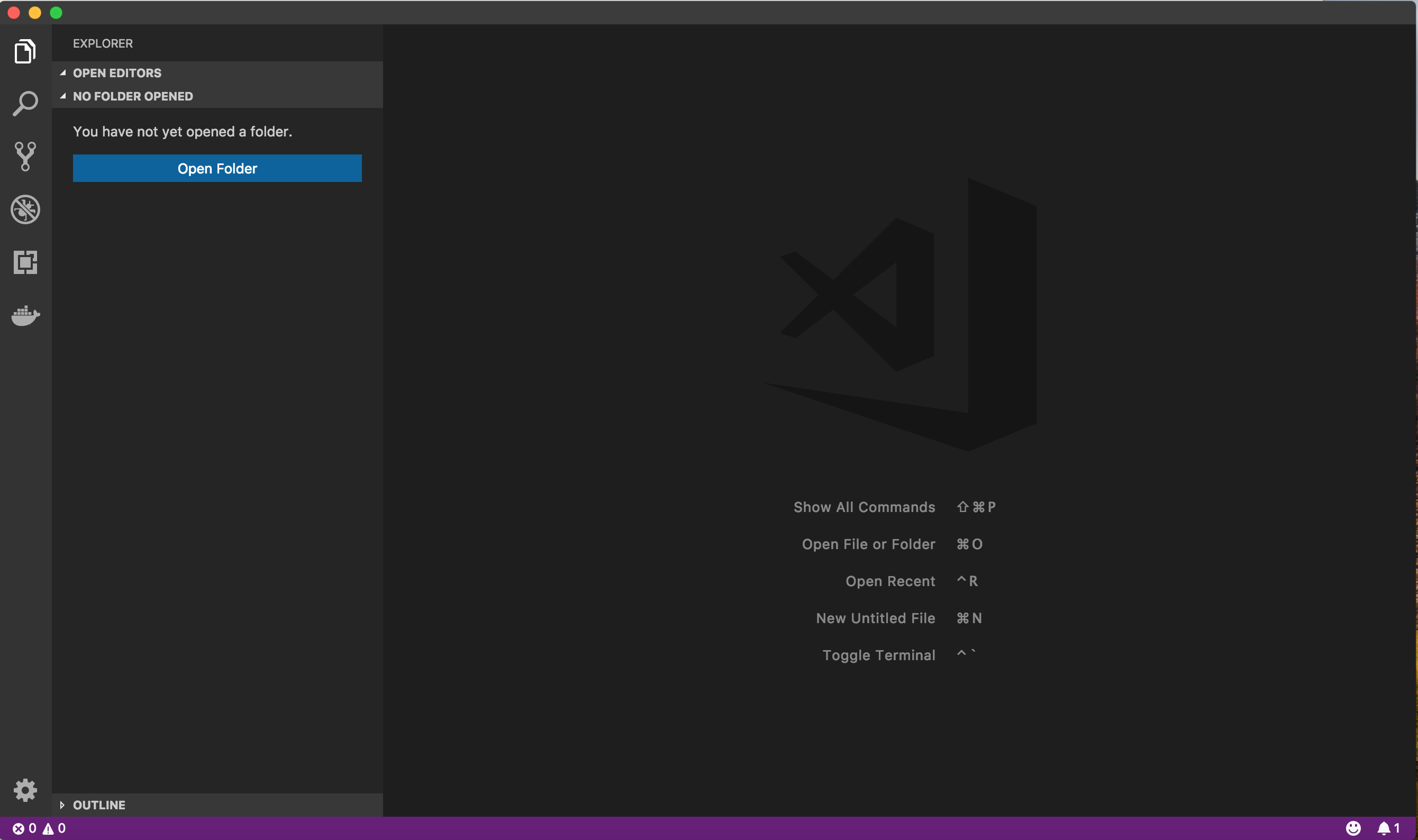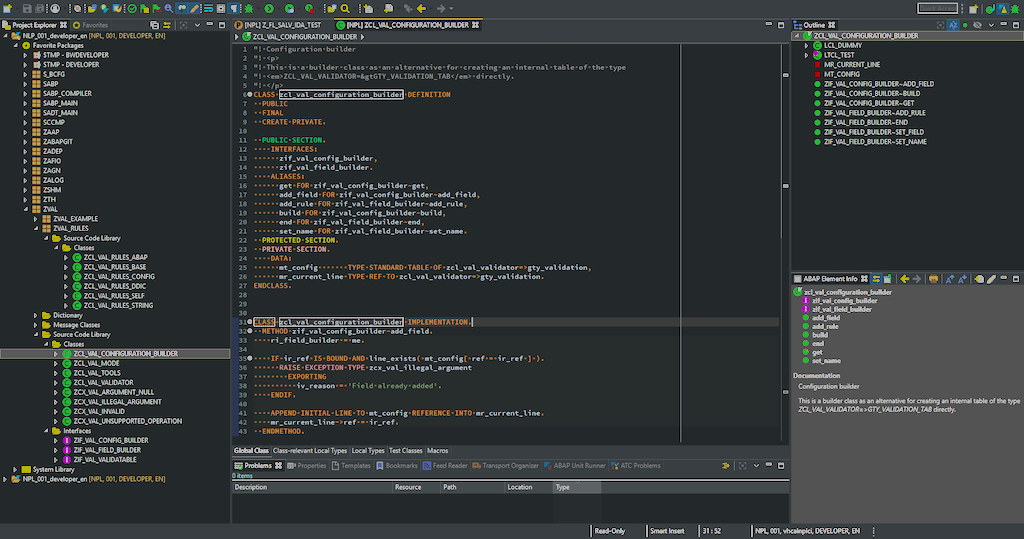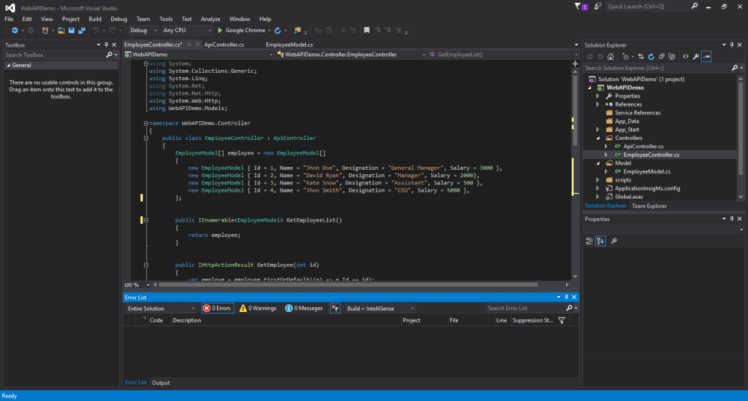
Visual COBOL then recognizes that extension as a copybook but only across the current solution. Tools > Options > Text Editor > Micro Focus COBOL > Advanced > Copybook Extensions, and enter the additional values in the text box.Īlternatively, you can add the copybook with unknown extension to your project and then reference the file from within a COBOL program using the COPY statement. You can specify other file extensions as copybooks in the IDE preferences - click Visual COBOL identifies files as copybooks by their (You can also set this property for COBOL source files too, to keep a file in the project but not include a built version in any output.) Copybooks are not compiled at build time due to the file'sīuild Action property being automatically set to You can set the copybook dependency paths for your project from the However, it is not compulsory to add copybooks to your project. You can add copybooks to your projects in the same way as COBOL files, by right-clicking your program, choosingĪdd > Existing Item and browsing to a copybook. If you click the down arrow on theĪdd as Link, which adds a reference to the file in the project but neither moves or copies the original.

These files are copied, not moved, to the project folder in the file system. Those files are then added to the project in Solution Explorer.
#VISUAL STUDIO FOR MAC CREATE C++ PROJECT CODE#
It really isn't worth worrying about, just be aware just because your code is perfect, doesn't mean it won't work.

There may be (and certainly are) other, similar, issues that I don't know about.

Both of them may nor may not exist in your environment or particular installation. Apparently, this was a bug in an early version of Visual C++ and they built MFC with the bug and can't change it now.īoth of these issues can be turned on or off using compiler flags. The first "i" variable above should go out of scope when the for loop terminates, but it doesn't on Visual C++ and, hence, the above code will not compile. Visual C++ uses non-standard scoping rules. The C++ standard says that creating an array on the stack like this must be done with a constant expression for the size of the array. Also, VisualStudio will open when you double. Might compile and run fine on GCC, but is not standard C++ and may fail on any other compiler. Unitys Visual Studio integration allows you to create and maintain Visual Studio project files automatically.

Furthermore, these can be changed by various complier settings that may or may not be set or by different versions of various tools that may or may not be installed. Here are the two issues that I know of, there may be more. My project is just a bunch of standard C++ classes and functions, nothing exotic.


 0 kommentar(er)
0 kommentar(er)
